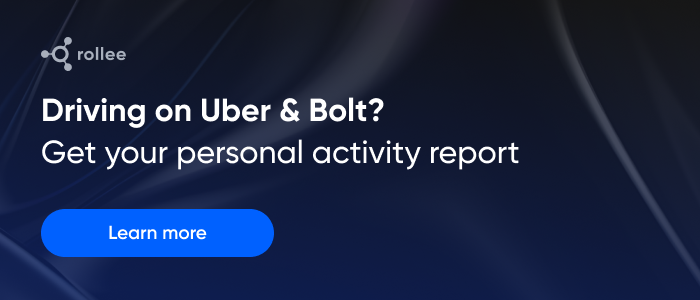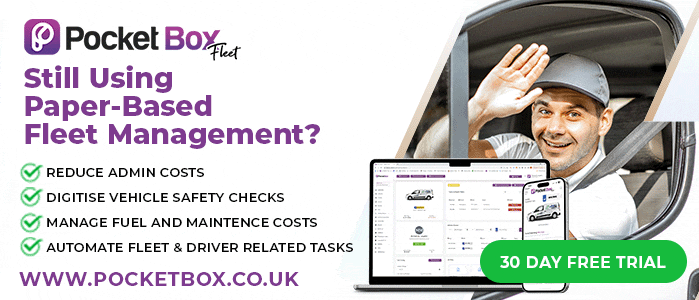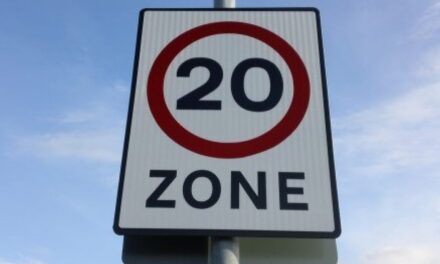There has been a lot of press about the VAT implications of the Uber and Sefton Council High Court decision published in late July. Private hire operators (PHOs) need to know how this might affect their livelihoods.
It is unprecedented for a case that has nothing to do with VAT to cause this much uncertainty on the future VAT profile of this market.
For now, the key takeaway for readers of this article is, steady as she goes.
What happens now?
The most efficient VAT outcome is for a PHO to act as an agent on behalf of the driver for private journeys.
Advertisement
- The PHO will charge a fee to the driver for the introduction of business.
- The self-employed driver will accept the journey at their discretion.
- The driver will agree a fare with the passenger.
- The driver will retain the fare and be liable for any taxes, including VAT.
The PHO’s VAT liability will be limited to fees charged to drivers and fares collected from drivers employed by the PHO. The agency model is supported by published HMRC guidance. There have been several VAT cases over the years on whether particular arrangements were agency or principal, but none of these have disturbed overarching HMRC guidance that a PHO can operate as a principal for account business and an agent in other cases.
The legal challenges
Uber succeeded in its argument that Sefton MBC incorrectly licenced PHOs in its borough and that a PHO should in fact be treated as a principal in the provision of the travel service provided to the passenger.
Uber is using Sefton MBC as a test case for other local councils in England and Wales. Uber lost an earlier decision involving Transport for London (“TFL”), which dealt with separate but similar licencing regulations applying to PHOs licenced by TFL in Greater London.
In the TFL case, Uber wished to be treated as an agent. In losing this case, Uber is now a principal in the provision of private hire journeys in London. To level the playing field across most of England and all of Wales (there are different licencing regulations in Scotland, Northern Ireland, and Plymouth), Uber is seeking the same outcome already suffered in London, namely that a PHO operates as a principal in the provision of a travel service to a passenger.
Subject to a successful appeal of the High Court decision in the Sefton MBC decision, Uber has succeeded in its endeavours, at least to the extent of licencing.
Where is the VAT issue?
The VAT issue is lurking in the interaction between HMRC guidance and licencing regulations.
To achieve the preferred VAT outcome for private journeys, a PHO will act as an agent, introducing business to a driver for a fee. The PHO charges VAT on fees charged to the driver. The driver is liable for any VAT but only if they breach the annual VAT threshold of £85,000.
Set against the agency treatment is Uber’s success in the Sefton case in which it convinced the court that “an operator who accepts a booking from a passenger enters as principal into a contractual obligation with the passenger to provide the journey which is the subject of the booking.”
Advertisement
At face value, there is a contradiction between a PHO being an agent for VAT and a principal for licencing regulations.
What now?
In the short term, steady as she goes. So far, licencing regulations outside London have not changed, nor has HMRC changed its VAT guidance. If you have an operating model that works for you and provides a profitable outcome, this is not the time to change it.
HMRC cannot collect more VAT than you pay now unless:
- Your licencing requirements change, OR
- HMRC disagree with the way you pay VAT today, based on your current operating model.
This means HMRC will not collect any VAT for past VAT periods unless they disagree with the basis on which you are paying VAT today. This would be nothing to do with the Uber and Sefton case.
What is on the horizon?
Any change in the VAT treatment of fares for private journeys will not require a change to VAT law or HMRC guidance. If a PHO is a principal in the provision of the service provided to a passenger, it is liable for VAT on the fare collected by the driver. This position is clearly set out in existing VAT guidance published by HMRC. It already applies for account business and employed drivers.
HM Treasury and HMRC have provided limited reassurances that they do not plan to change any existing guidance for the sector. Unfortunately, that reassurance is not worth a great deal. The key change will not come from HMRC, it will result from changes to licencing requirements. If local authorities require PHOs to act as principal, HMRC will look for VAT to be paid on that basis.
What can I do?
First, stress test your business for the worst-case outcome.
- Will you still be profitable if you are required to pay 20% on all private fares?
- If not, can you increase fares and remain competitive?
- From a practical perspective, how will you collect data on private fares, so you can pay the right amount of VAT to HMRC?
Next, support any lobbying activities to preserve the status quo, namely no VAT on private journeys. Private hire would be the only form of passenger transport with VAT. There is no VAT if we travel by bus, minibus, coach, train, aircraft, or in a licenced hackney cab. Private hire is a lifeline for many parts of our communities who cannot afford a car, may find it difficult to access other forms of public transport because of their personal circumstances, or simply because there is no available bus or train service.
Advertisement
It seems grossly unfair to single out this form of transportation purely because of unrelated licencing regulations.
Finally, this could also be presented as an unexpected Brexit dividend. The UK could not extend zero-rating to private hire pre-Brexit, because we were bound by the restrictions of EU law. This is an opportunity to convince the Treasury and your local MP to support our local communities by providing targeted relief from VAT.















Some interesting views in this article.
You say there is no vat if we travel in a licenced hackney cab, can you point me please to the legislation where it says this? OR have I missed something?
Hi Ray, thanks for commenting on the article. I apologise in advance if I mangle the terminology, as I am a VAT adviser rather than an expert in licensing regulations! As I understand it, the driver of a hackney cab is licensed as an individual, rather than via a private hire operator. My statement that travelling by hackney cab was not subject to VAT was a shorthand way of saying that a driver would only account for VAT if their income exceeded £85,000 in any 12 month period. From limited research, I understand that hackney cab drivers may not exceed these earnings and therefore have no requirement to pay VAT.